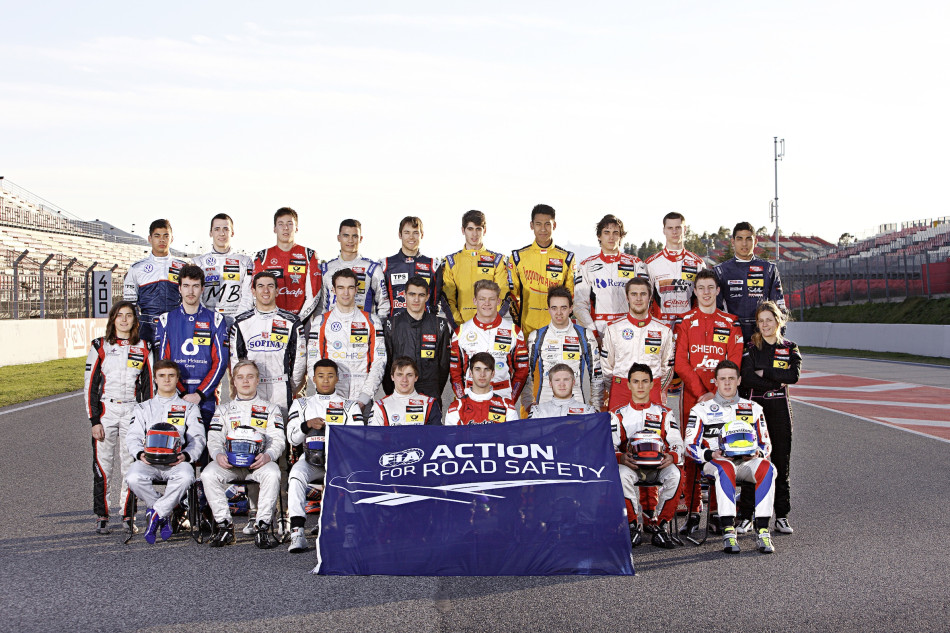The motor sport university

By relaunching the F3 European Championship as a stand-alone series the FIA’s aim is to put this branch of motor racing at the very core of driver training. If Formula 3 is an excellent school of motor sport, it is down to its particular technical requirements that enable drivers to learn how get to grips with a car that produces a great deal of downforce.
However, as Gerhard Berger, president of the FIA single-seater commission explains, Formula 3 is also a great training ground to learn about the technical side, a crucially important aspect of motor racing today: "One of Formula 3's greatest strengths, compared with other categories, is the detailed work the drivers must carry out with their engineers. We have developed technical and sporting regulations to respect that learning aspect of F3, while keeping costs under control.”
In fact, the regulations provide teams with the opportunity to choose several different technical suppliers and to evolve their cars. This makes it a very open series where numerous choices can be made that can prove decisive in determining the final outcome. “I like saying it’s the motor sport university for drivers, mechanics, engineers and team managers,” says Trevor Carlin, the Carlin team’s Racing Director. “I have to say that everything I’ve learned I learned it in Formula 3. Even if things are on a larger scale and pushed to greater extremes in Formula 1, the way of working is pretty similar.”
“In Formula 3 a team manager has to make choices,” Carlin continues, “in particular concerning the engine, the chassis and also in the modifications that have to be made. It’s a real challenge and a continual process of calling things into question. Drivers, mechanics and engineer all have to learn their trade there if they want to go further in the sport.”
“It’s a branch of racing where slapping on new tyres to go quicker isn’t enough,” adds René Rosin, the Prema Powerteam team manager. “You have to know the right questions to ask, and above all find the right answers! Technically speaking, the situation evolves very quickly in Formula 3. You never stop working on the cars and the dialogue between drivers and engineers has to be as accurate and as clear as possible. That’s why racing in Formula 3 is an accelerated learning process as much for drivers as it is for engineers.”
Thus, the twelve teams entered in this year’s championship will try to pinpoint the right solutions to help their drivers learn and improve their skills.

 Facebook
Facebook Twitter
Twitter






